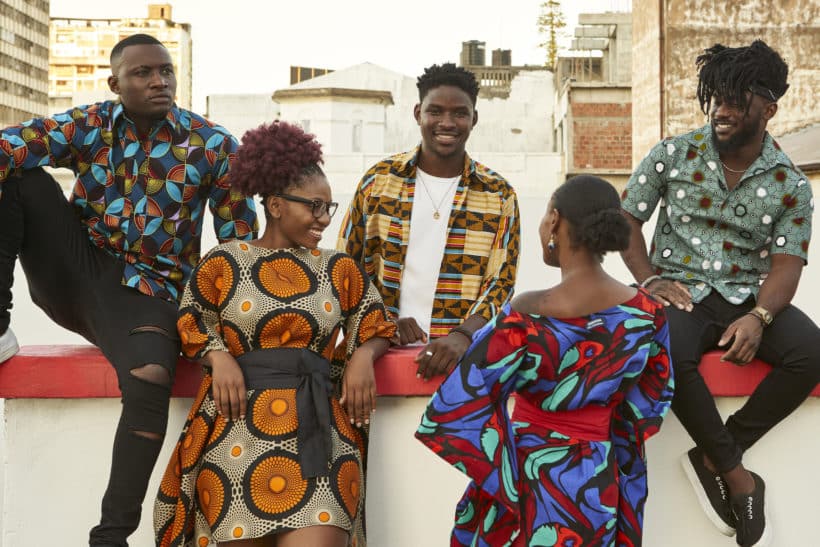
Africa, with its rich tapestry of cultures, traditions, and histories, has always been a cradle of inspiration for the world. Over the past few decades, the continent has started to garner more international attention not just for its traditional styles but for its modern, avant-garde fashion trends. In particular, Johannesburg, Lagos, and Dakar, have emerged as the epicenters of this fashion renaissance, paving the way for African designers to shine on the global stage.
1. Johannesburg, South Africa: A Fusion of Modernity and Tradition
In the heart of South Africa, Johannesburg pulses with the energetic rhythm of urbanization, economic growth, and cultural exchange. Here, the fashion scene is characterized by a harmonious blend of African heritage with contemporary designs.
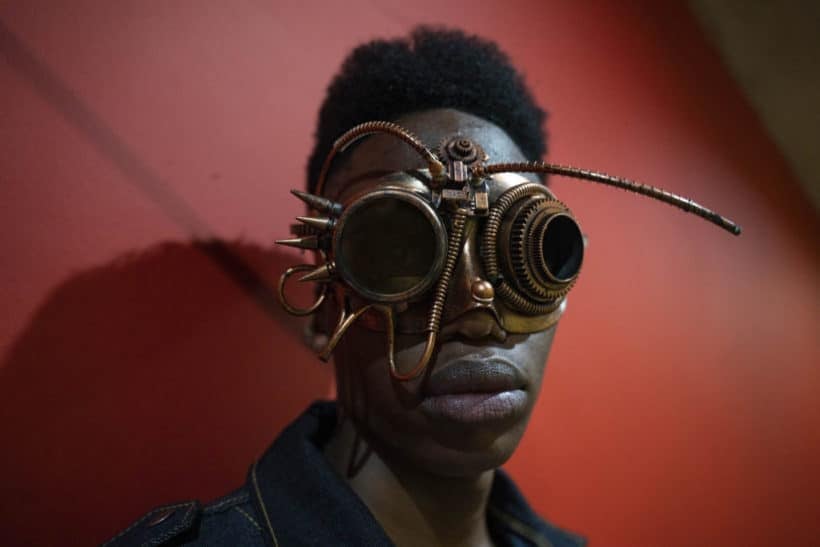
High-end shopping districts like Sandton City and Maboneng Precinct showcase this mix, with boutique stores offering everything from bead-embellished evening gowns to chic, urban streetwear.
Prominent designers like David Tlale and Rich Mnisi have represented Johannesburg in major international fashion weeks. Their designs often narrate a story of the South African experience, combining modern aesthetics with elements inspired by traditional African motifs.
2. Lagos, Nigeria: The Pulse of Pan-African Fashion
Lagos, often dubbed the ‘New York of Africa’, is the beating heart of the continent’s fashion scene. The city’s influence transcends Nigeria, making ripples throughout Africa and across oceans.
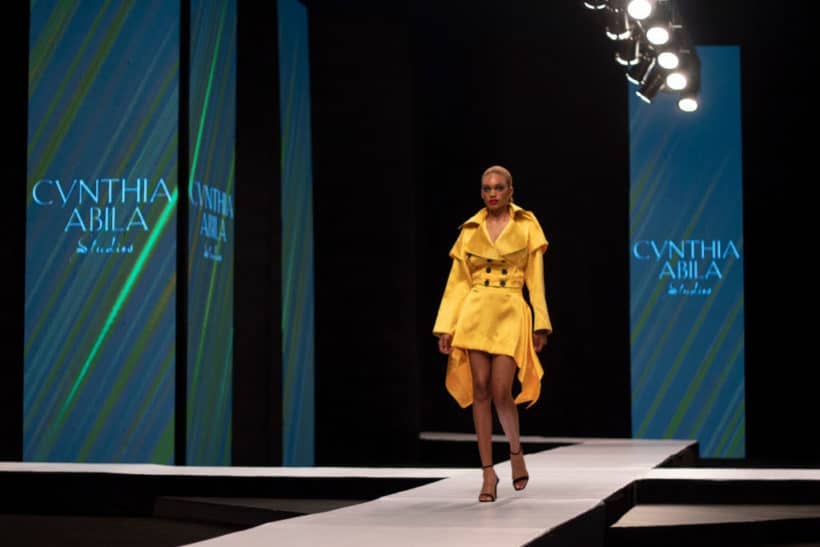
Lagos hosts the internationally renowned Lagos Fashion Week, an annual event that draws designers, media, and fashion enthusiasts from around the globe. The city’s designers, such as Lisa Folawiyo and Mai Atafo, have successfully integrated the vibrant textiles and patterns indigenous to West Africa with global fashion trends, creating universally appealing designs.
Street fashion in Lagos is equally compelling. Balogun Market, for instance, offers a mesmerizing array of fabrics, from Ankara to Adire, which local tailors transform into bespoke outfits.
3. Dakar, Senegal: Where Art Meets Fashion
Dakar is not just Senegal’s capital; it’s the artistic soul of West Africa. Fashion in Dakar is deeply intertwined with the city’s art, music, and dance scenes.
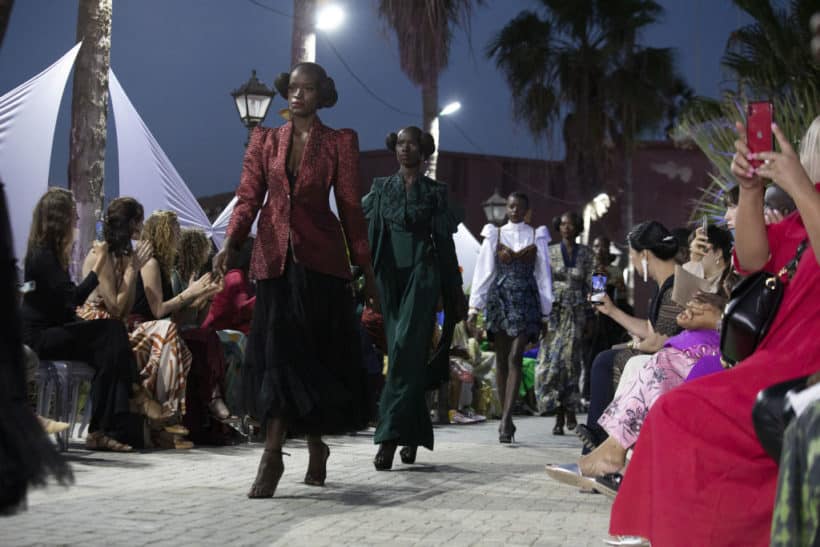
The Dakar Fashion Week, founded by designer Adama Ndiaye, is a testament to the city’s position in the fashion world. The event showcases the innovative designs of Senegalese and pan-African designers who often fuse traditional Wolof styles with contemporary fashion elements.
Bright boubous, tailored pantsuits, and intricate embroidery are just a few of the elements that Senegalese designers incorporate into their globally inspired collections.
4. Nairobi, Kenya: East Africa’s Fashion Gem
Nairobi, Kenya’s bustling capital, is an emerging fashion hub that represents the spirited amalgamation of traditional Maasai beadwork with contemporary styles. With its burgeoning middle class and a young, tech-savvy population, Nairobi is increasingly becoming the nexus of East African fashion.
The Nairobi Fashion Week is a significant event on the city’s calendar, spotlighting designers who adeptly blend Kenyan heritage with global trends. Designers like Anyango Mpinga, known for her eco-friendly and ethically-produced designs, and Ugandan born, Sylvia Owori, one of East Africa’s most enduring designers, are putting Nairobi on the global fashion map.
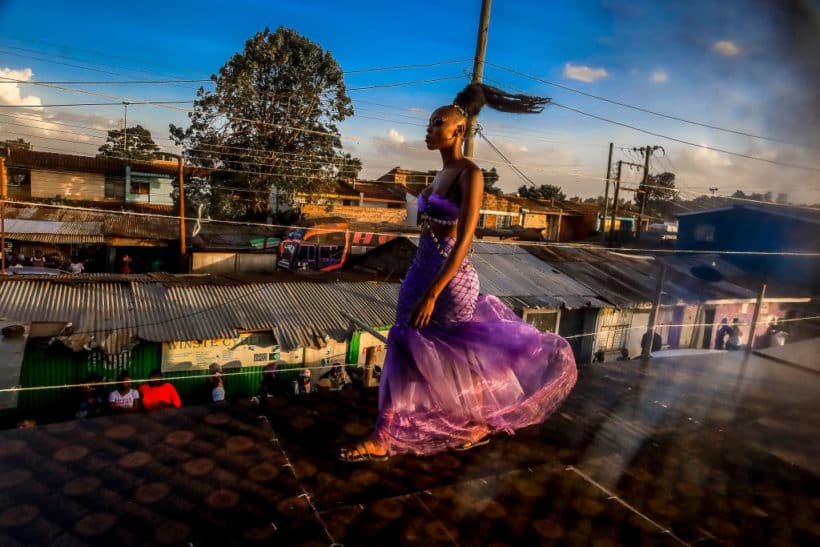
Places like the Maasai Market offer visitors a sensory overload with an array of vibrantly colored fabrics, jewelry, and handcrafted items that influence and shape local fashion narratives.
5. Marrakesh, Morocco: A Tapestry of Timeless Elegance
Nestled at the foothills of the Atlas Mountains, Marrakesh has long been a destination for luxury and mystique. The city, with its rich history as a trading hub and a melting pot of Berber, Arabian, and European cultures, naturally infuses this eclectic heritage into its fashion.
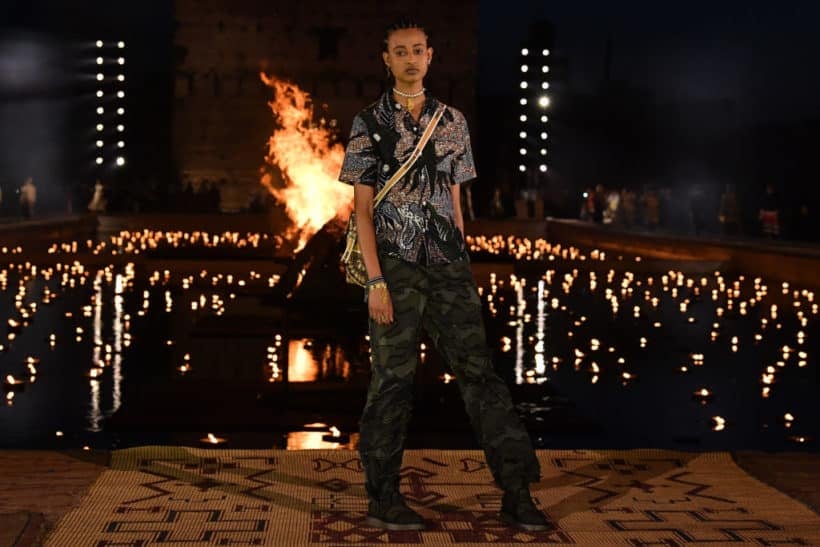
Marrakesh’s medinas are alive with tailors and artisans crafting everything from flowing kaftans to intricately designed leather goods. Designers like Yassine Morabite, who integrates Moroccan traditional elements with modern art, encapsulate the essence of Marrakesh’s style.
The Caftan du Maroc show, an annual event in Morocco, often held in Marrakesh, showcases the evolution of the traditional Moroccan Caftan, highlighting its transition and relevance in modern haute couture.
A Symphony of Styles
While Johannesburg, Lagos, Dakar, Nairobi, and Marrakesh each bring their distinct flavors to the table, they collectively depict a continent that is not only proud of its deep-rooted traditions but is also unafraid to reinvent and redefine itself. These cities, with their fashion weeks, designers, street styles, and vibrant markets, are not just shaping African fashion but are also leaving indelible imprints on the global fashion narrative. As Africa continues its ascent in the global fashion arena, these capitals remain testament to its boundless creativity and resilience.